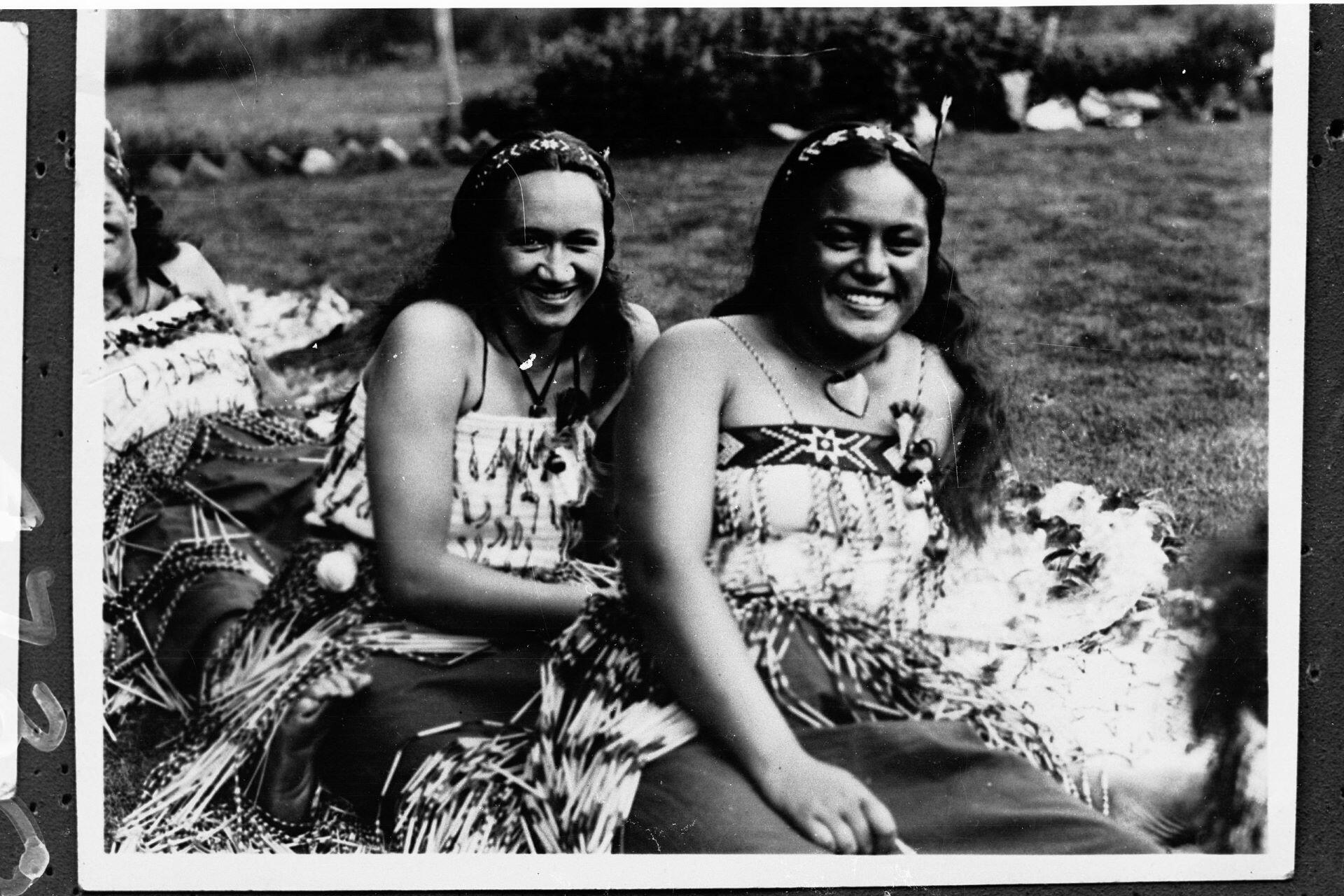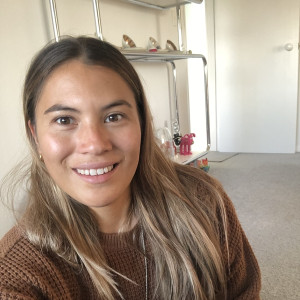Whanaungatanga is one of the core Māori values, emphasising relationships, connection, and belonging. People are strengthened through their relationships with whānau (family), friends, community, and wider society.
Let's explore whanaungatanga and how it has shaped and continues to shape Māori culture today!

What Does Whanaungatanga Mean?
You may have noticed that the te reo Māori word for family is whānau. There's another Māori word, whanaunga, which means relative or kin.
Whanaugatanga goes beyond family ties, though. It describes the way Māori people build relationships and care for one another by creating strong and supportive communities.
It extends to schools, workplaces, and community settings, where whanaugatanga fosters trust, cooperation, and collective wellbeing throughout the whole year, not just during matariki when Māori practises are thrust to the forefront.
In modern Aotearoa (New Zealand), whanaungatanga is crucial in education, youth development, health, and social services. Māori people who experience strong whanaungatanga in their schools, families, and cultural environments have been shown to feel secure and valued and benefit from better mental health.
To understand whanaungatanga, you must know why it's so important in Māori culture, how it connects to mana and manaakitanga, and how it influences community, education, and wellbeing in Māori communities and New Zealand.
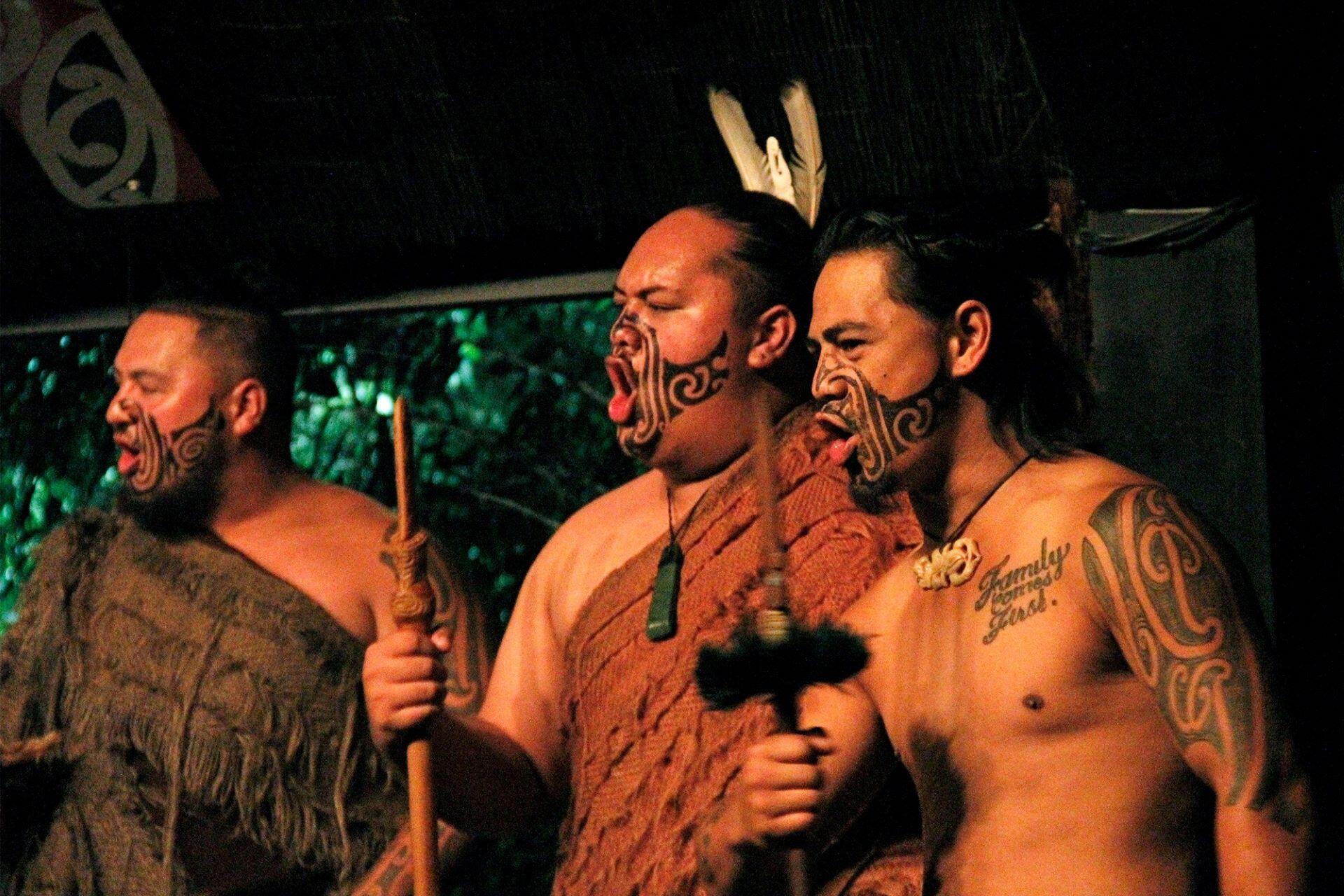
The Importance of Whanaungatanga in Māori Culture
As a foundation principle in Māori culture, whanaungatanga influences how people interact, support one another and build lasting, healthy relationships.
It's a social concept, belief, and a way of life that shapes identities, communities, and the sense of belonging within these communities. It's not technically a rule, but it forms part of the larger moral code.
Why Whanaungatanga Matters
Māori relationships form part of a larger collective responsibility and aren't just about individual connections.
Whanaungatanga creates strong, connected communities of valued, safe, and supported people.
The reason whanaungatanga is so important is because:
- It strengthens whānau (family) bonds – By fostering close relationships within families, extended whānau, and iwi (tribes), whanaungatanga ensures that support networks remain strong.
- It builds resilient communities – A sense of connection helps people work together, share resources, and uplift each other during challenges.
- It promotes collective wellbeing – Māori see wellbeing (hauora) as a shared responsibility, where the health of one person affects the wellbeing of the whole group.
- It reinforces Māori identity – Whanaungatanga preserves cultural traditions, language (te reo Māori), and intergenerational knowledge, ensuring they are passed down to future generations.
Whanaungatanga in Action
We've seen whanaungatanga conceptually, but how does this look when practised in real life. Examples of whanaungatanga could include:
- Whānau gatherings – Regular hui (meetings), celebrations, and shared meals reinforce connections between family members and communities.
- Marae-based activities – Marae serve as central spaces for Māori to come together, strengthening whanaungatanga through cultural events, ceremonies, and shared responsibilities.
- Support networks – Whether in schools, workplaces, or sports teams, Māori encourage collaboration and teamwork based on whanaungatanga.
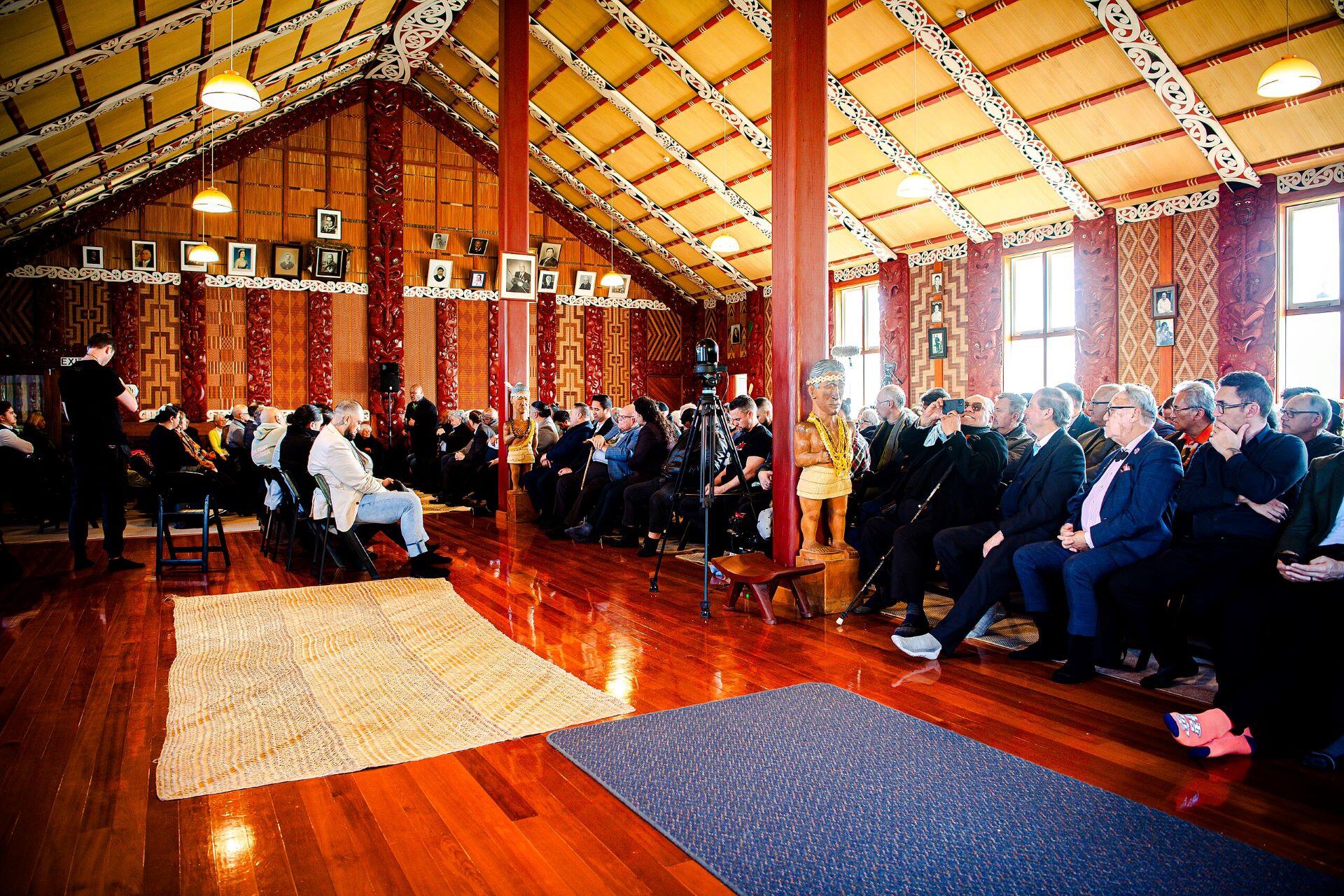
Whanaungatanga ensures relationships are at the heart of Māori communities and families, giving them a shared sense of purpose.
The 1977–78 Bastion Point occupation was a powerful example of whanaungatanga. Ngāti Whātua Ōrākei, supported by other iwi and community members, stood together to protect their ancestral land from government confiscation.
Their strong relationships, collective action, and shared purpose demonstrated the power of whanaungatanga in maintaining Māori rights and land ownership.

Whanaungatanga and its Connection to Mana and Manaakitanga
Whanaungatanga, like many other key Māori concepts and cultural practices, is related and linked to mana (spiritual authority, prestige) and manaakitanga (hospitality , kindness).
These values and concepts shape how Māori people build their relationships, show respect to one another, and offer support, both in personal and community settings.
The Role of Mana in Whanaungatanga
Mana is a spiritual concept representing a person's dignity, strength, and standing within their community.
Māori culture treats relationships as reciprocal; how you treat others, and the planet itself, affects your mana and those around you.
Whaunagatanga affects and maintains your mana by:
- Recognising the value of every individual in a whānau, workplace, or community.
- Encouraging mutual respect—people uplift one another by showing care and support.
- Ensuring roles and responsibilities are honoured, whether within a family, school, or leadership setting.
The stronger the whanaungatanga, the more mana is uplifted, which creates a cycle of improved mana and respect, trust, and shared responsibility in communities and relationships.
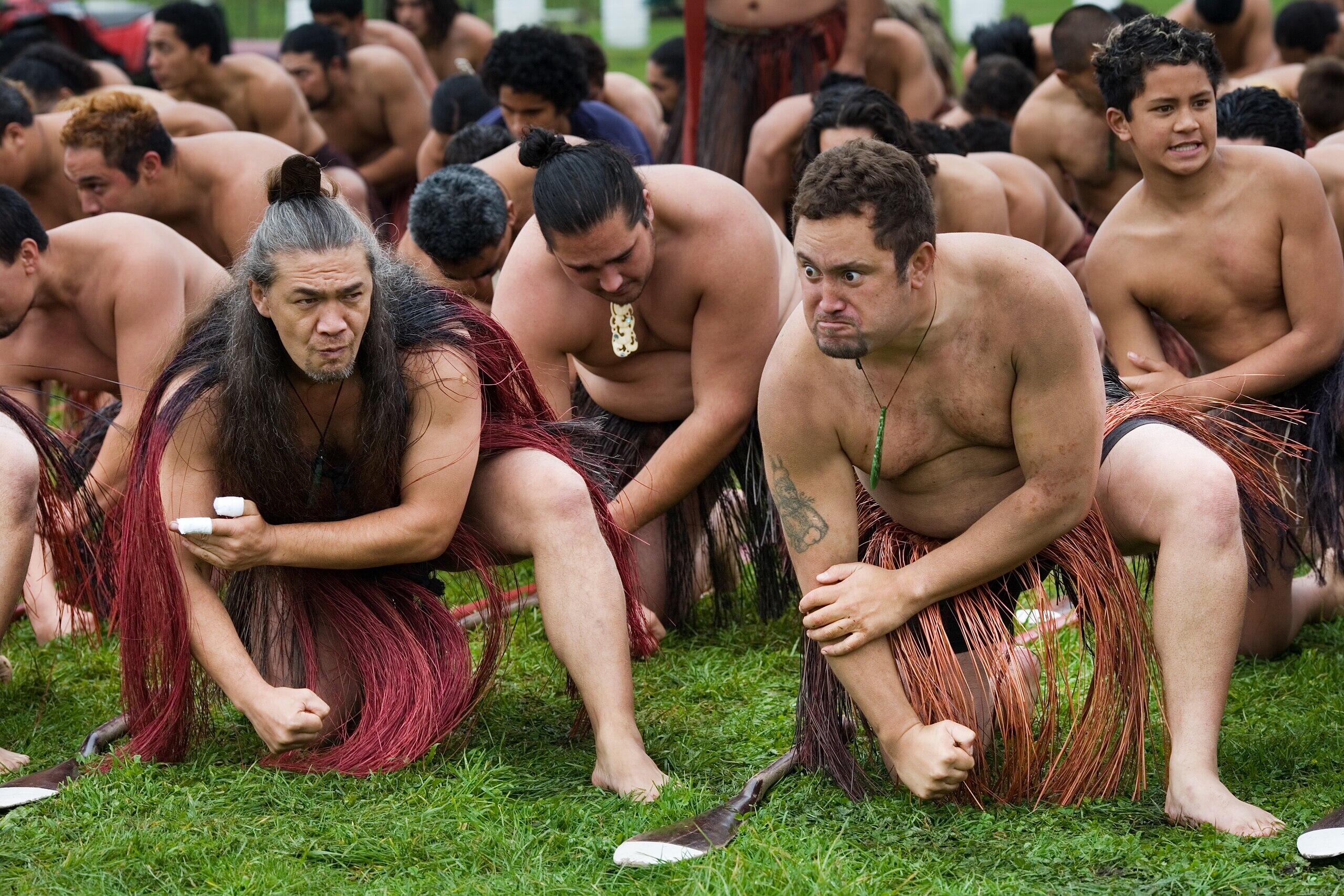
Manaakitanga: Caring for Others Through Whanaungatanga
Manaakitanga is how kindness, generosity, and hospitality are expressed in Māori culture. This can include:
- Welcoming and supporting people in times of need, ensuring they feel safe and valued.
- Practising aroha (compassion) and awhi (helping others) to strengthen bonds between individuals and groups.
- Encouraging teamwork and shared responsibilities, whether in whānau, schools, or workplaces.
For example, at a marae gathering, practising manaakitanga involves:
- Ensuring visitors feel welcome with food, conversation, and care.
- Acknowledging elders (kaumātua) and showing respect through traditional customs.
- Sharing responsibilities like cooking, cleaning, and organising events reinforces collective wellbeing.
How Whanaungatanga Strengthens Relationships and Community
Whanaungatanga builds strong relationships and fosters a sense of community. It creates a foundation of trust, support, and belonging for individuals, whānau (family), iwi (tribe), and wider society.
Strengthening Personal Relationships Through Whanaungatanga
Whanaungatanga is about creating meaningful connections (and maintaining mana). Relationships aren't about personal benefit in Māori culture. They come with responsibilities to care for and uplift one another.
People can strengthen their relationships through:
- Spending quality time together – Whether through hui (meetings), shared meals, or community events, whanaungatanga is reinforced through face-to-face interactions.
- Offering support in difficult times – Being there for friends, family, and colleagues builds trust and long-term connections.
- Actively listening and engaging with others – Taking time to hear people’s stories, perspectives, and experiences deepens relationships.
Whanaungatanga in Community Development
As mentioned, whanaungatanga is about more than just the individual. It plays a key role in community wellbeing and many Māori-led initiatives focus on whanaungatanga for social development, health, and education.
You can see this through actions like:
- Marae-based programs – Bringing people together to share knowledge, learn traditional practices, and support community projects.
- Support networks for youth and families – Providing mentorship, cultural education, and resources to help individuals feel connected and empowered.
- Collaborative decision-making – Māori communities often use hui and consensus-based discussions to ensure that all voices are heard before making important decisions.
The Impact of Whanaungatanga
When whanaungatanga is actively practised, it strengthens communities and creates a society built on care and respect.
It prioritises relationships and community over individual success, and Māori communities benefit from collective wellbeing and long-term stability.
The Te Kura Kaupapa Māori movement, which promotes Māori-language immersion schools, is built on whanaungatanga principles. These schools foster deep relationships between students, teachers, and whānau, ensuring that young people (taiohi) feel connected, supported, and valued. Research has shown that rangatahi who experience strong whanaungatanga in education are likelier to thrive academically and emotionally.
Whanaungatanga in Education: Supporting Students and Learners
Whanaungatanga is key in education. It can help students feel connected, supported, and valued in their learning environments.
When whanaungatanga is prioritised in schools, students are more engaged, confident, and successful in their studies.
Creating a Positive Learning Environment through Whanaungatanga
Schools that integrate whanaungatanga into their learning environment can foster a sense of belonging for Māori learners.
This comes with several benefits for students:
- Develop strong relationships with teachers and peers – A supportive classroom environment encourages collaboration and respect.
- Feel valued for their cultural identity – Recognising and celebrating Māori traditions, language (te reo Māori), and perspectives enhances students' self-confidence.
- Engage in meaningful learning experiences – When students see their culture and values reflected in their education, they are more likely to participate actively.
Whanaungatanga in Practice: Schools and Teaching Approaches
So, what does incorporating whanaugatanga into schools?
Some examples of how teaching strategies, school policies, and student support systems could benefit include:
- Teachers building relationships with students and whānau – Taking time to understand students’ backgrounds strengthens trust and communication.
- Collaborative learning – Group work and shared activities foster a sense of belonging and teamwork.
- Culturally responsive teaching – Using Māori stories, perspectives, and values in the curriculum makes learning more relevant for Māori students.
- Student wellbeing initiatives – Schools that emphasise whanaungatanga provide mentoring, mental health support, and safe spaces for students to express themselves.
How Whanaungatanga Impacts Student Success
When students feel connected and supported in their learning environments, they're far more likely to participate in school activities and discussions.
They'll also be better equipped to overcome challenges when they have to and will be far more engaged in their learning, which results in better academic results.
Creating a positive learning environment prioritising whanaungatanga leads to respect, inclusion, and empowerment of students.
Fostering Whanaungatanga in Everyday Life
Whanaungatanga isn't just for schools and marae. The values it promotes can be part of everyday life.
Building Whanaungatanga in Whānau (Family) Life
Whanaungatanga benefits people at home and in relationships with their families:
- Spending quality time together – Sharing meals, telling stories, and engaging in group activities strengthen relationships.
- Encouraging open communication – Actively listening and supporting each other fosters trust and emotional wellbeing.
- Teaching younger generations about their whakapapa (ancestry) – Knowing one’s family history creates a deeper sense of identity and belonging.
- Helping and supporting each other – Acts of kindness, no matter how small, reinforce strong family bonds.
Whanaungatanga in the Workplace and Social Settings
It's more important than ever in workplaces to foster environments built on the guiding principles of whanaungatanga:
- Building genuine relationships – Taking time to get to know colleagues, neighbours, and peers strengthens social connections.
- Practising manaakitanga (hospitality and kindness) – Supporting others, showing empathy, and creating inclusive spaces enhance teamwork and cooperation.
- Collaborating and sharing responsibilities – Whether at work, in volunteer settings, or community projects, shared efforts strengthen bonds.
- Acknowledging and valuing diverse perspectives – Respecting different viewpoints and contributions reinforces a culture of whanaungatanga.
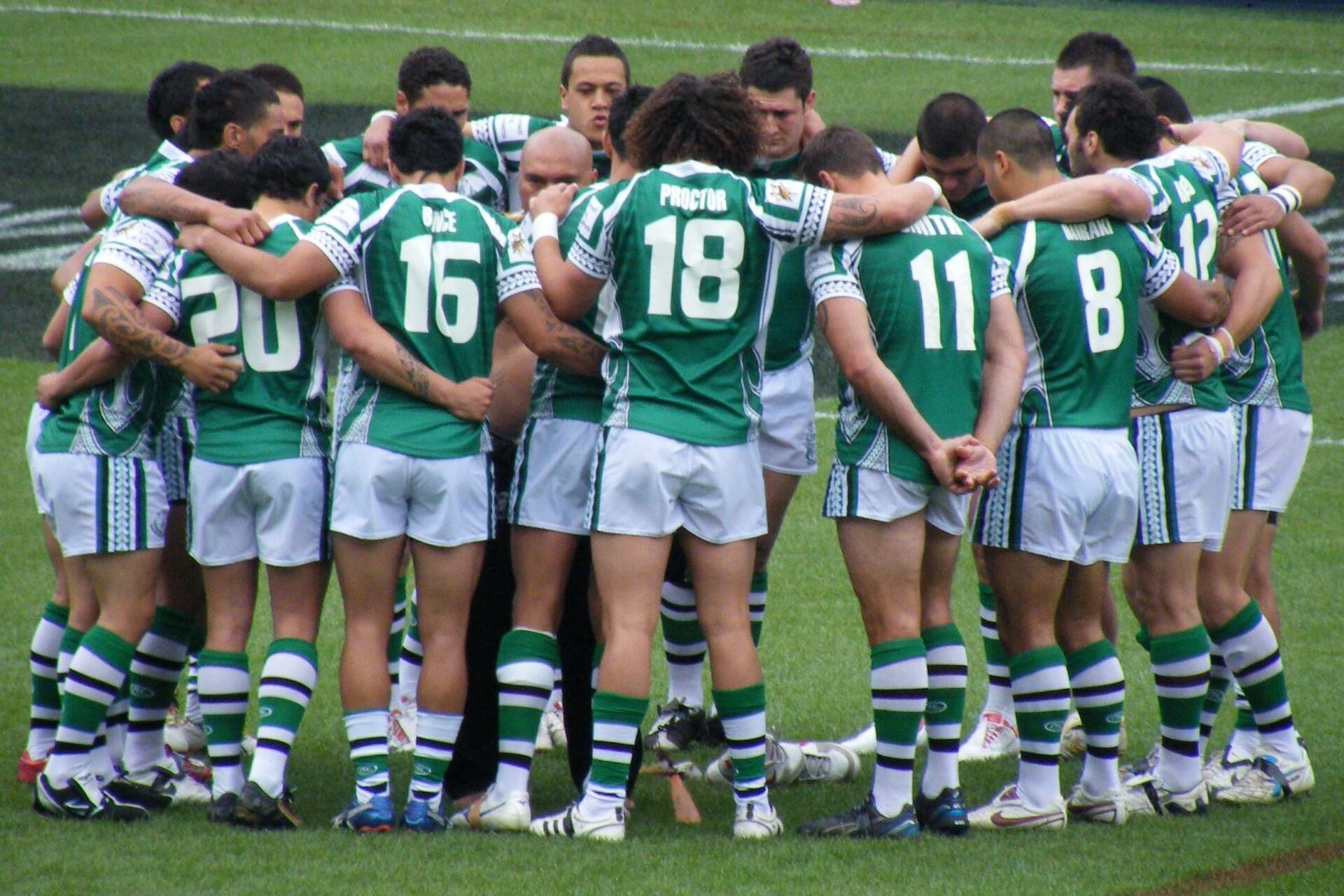
New Zealand businesses increasingly embrace whanaungatanga to create stronger workplace relationships. Companies like Air New Zealand and Fonterra have introduced Māori values into their organisational culture, prioritising relationship-building, teamwork, and inclusive leadership. These practices foster a workplace environment where employees feel more connected and valued, improving productivity and job satisfaction.
Summarise with AI:

